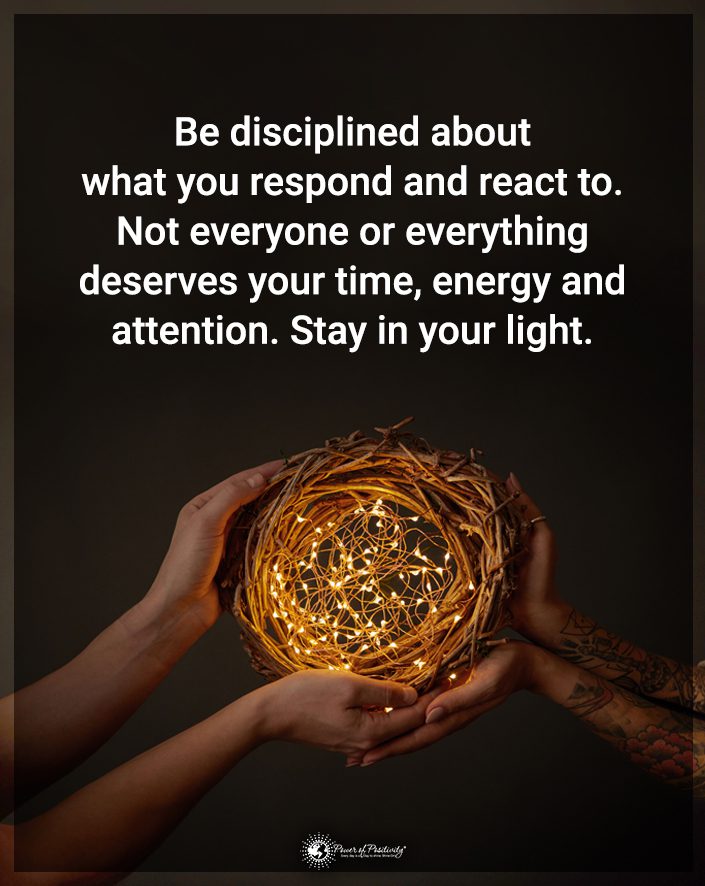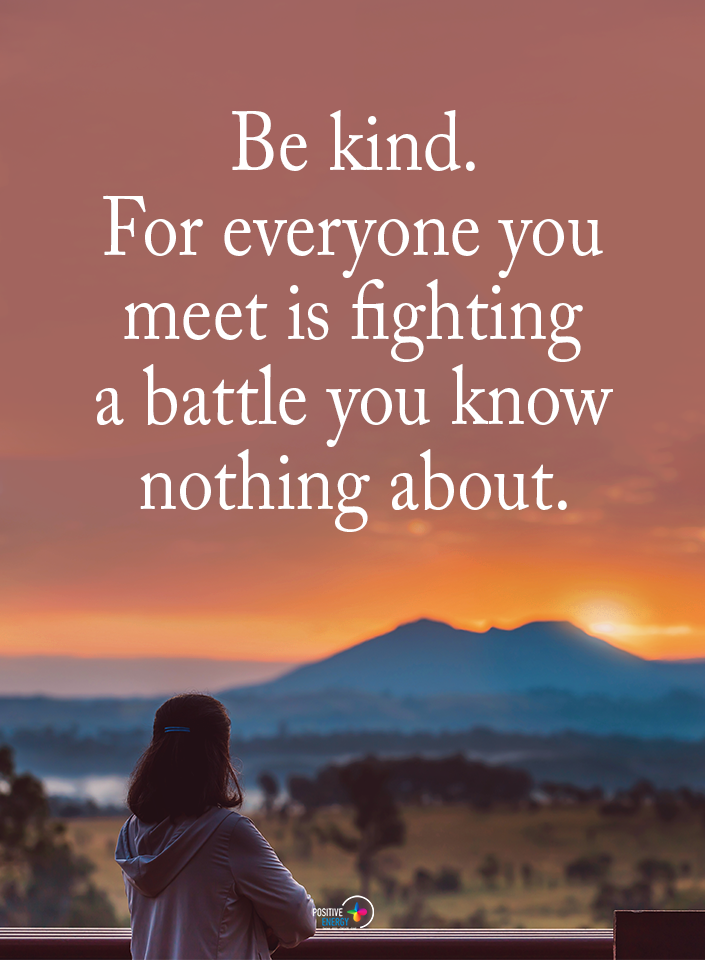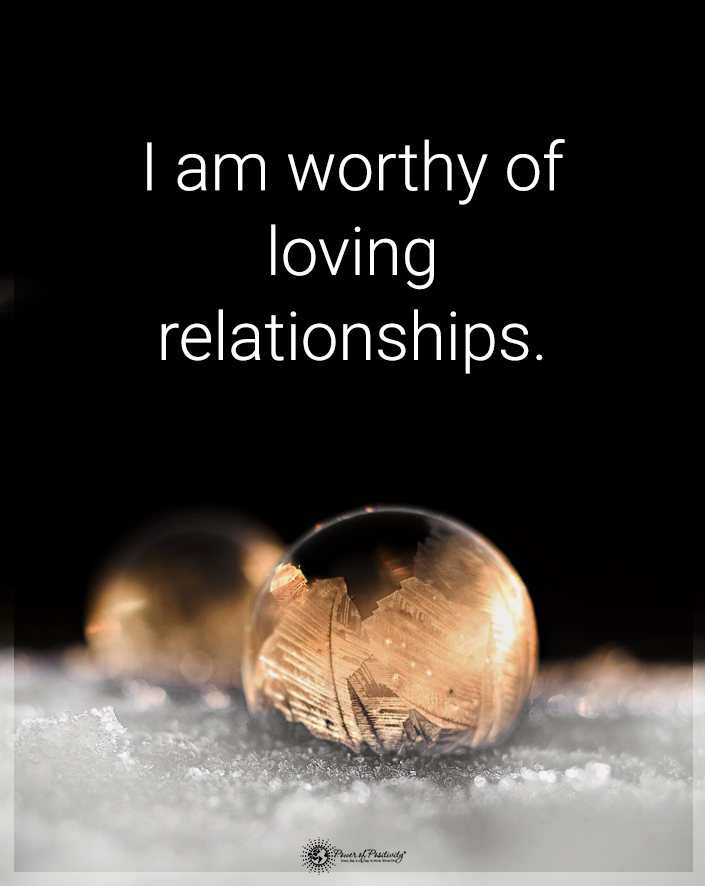If we lived in an ideal world, no one would ever go through domestic trauma. But unfortunately, relationships aren’t all filled with love and respect. Sure, it’s normal that couples go through rough patches. But there’s a difference between that and having a partner who belittles and abuses you. While all abuse is wrong, having an abusive partner might be the most complicated situation to walk away from.
Technically, if a family is abusive, the child can grow up and eventually move away and start building a better life. If a boss is abusive, you can eventually get another job and start working in a better environment. But, if your partner is abusive, things don’t always have a clear way out. Don’t get things twisted; no form of abuse is easy to walk away from.
Kids depend on their parents financially. The same goes for employees depending on their job to pay the bills. Still, domestic trauma can destroy everything about a person. The bigger issue is that there are still a lot of misconceptions about domestic abuse. For instance, most people don’t believe women can domestically abuse men.
But that’s nothing more than a misconception. And there are many other things people don’t understand about domestic trauma. Which is why many victims don’t even realize they are victims. So how can you identify domestic abuse, and what steps can you take to heal your heart from this trauma?
What is Domestic Trauma?

Domestic abuse is such a big issue that even the UN has entire articles dedicated to understanding what it is and providing people with the resources to leave their abuser. According to the UN, domestic abuse, or domestic violence, is a behavior pattern used to gain and maintain power or control over a romantic or intimate partner.
According to them, anyone can be a victim of domestic abuse, regardless of age, gender, sexual orientation, or other factors. Not only that, but people outside of the relationship can be victims. For example, kids whose parents are in an abusive relationship are likely to experience trauma because of the behaviors they are exposed to.
The trickier thing is labeling what is and what isn’t abuse. Usually, people get this part wrong and either leave out abusive behaviors or put in behaviors that aren’t. Plus, there seems to be this misconception that something isn’t abuse unless it leaves a physical mark. So, way too many people think that an abuser is someone who beats up their partner.
But domestic trauma can be mental, physical, emotional, financial, or sexual. It doesn’t have to leave a bruise. So to consider that the only kind of abuse is the physical one is wrong. The other types of abuse can do just as much, if not more, damage. Often, the scars that are hardest to heal are the ones people can’t even see.
Trauma and Self-Esteem
Because abuse is about power, it often starts by chipping away at someone’s self-esteem bit by bit. You might be in what seems like the perfect relationship, but sometimes you have to deal with little quips from your partner. They might make fun of you in front of people you care about, and not in a teasing way, but in a mean way. They might put you down and diminish your accomplishments. They might demand to know where you are and who you are with.
These are all things people make excuses for at first. You don’t want to believe your partner is abusive, so you’ll say they make fun of you because that’s their sense of humor. Or they aren’t diminishing your accomplishments; instead, they are trying to humble you. But then, the abuse slowly starts getting worse. Finally, they might begin to use physical force.
They might start gaslighting and manipulating you all the time. Maybe they’ll use the money to keep you from leaving by making you financially dependent on them. And, when the abuse gets bad, it’s usually not limited to just one area. Instead, you’ll likely experience all types of abuse, from physical to sexual and financial abuse. But, by then, most people think that their life is normal, and they start making excuses for every misstep their partner makes.
If you ever feel scared, pressured, and afraid to leave your partner, those are all signs you are experiencing abuse. You should never feel like you deserve a terrible life or that changing yourself is the only way to change something in your relationship. Sure, couples fight even in the healthiest relationships. But that doesn’t mean you should ever feel like you’re in real danger or stuck in the relationship.
3 Ways to Heal Your Heart from Domestic Trauma

1. Break the Cycle of Domestic Trauma
Of course, you can’t heal from domestic trauma unless you break out of the abusive cycle. And this will always be a seemingly impossible task. But, with the proper support, it can be done. The first thing you need to do is identify that you are in an abusive situation. If you recognize any of the patterns of behavior described above in your partner, or if you feel scared and stuck, you are most likely being abused.
Once you understand and accept that, you can start the path to recovery. Just beware that the behaviors from above barely scratch the surface, so you need to research. Of course, sometimes, your partner monitors your online history. If you’re scared of them finding out about your research, you can use a computer from a public library or a friend’s computer.
The next step is to reach out to people who can support you. Unfortunately, many abusers isolate their partners from friends and family, so you might feel like you have no one. Even in that case, there are NGOs and other resources you can use that have volunteers ready to assist you in such situations. Still, your best bet is to reach out to family or old friends. Given your case, they’ll likely help you however they can.
Find an alternate living situation if you are living with your abuser, and make sure you cut them off completely. Block them on all social media and their number, and try to avoid them as much as possible so that they can’t manipulate you into going back. It always helps to talk to a specialist so they can guide you through this process. This is the first step you can take for your mental health and overall well-being.
2. Share Your Experiences
After finding a safe environment to live in, you need to start going over everything that’s happened to you. Sure, you might need some time to adjust to your new life and get used to not having that person in your life. Not to say that it can be excruciating to talk about the abuse you’ve been through, as that would mean relieving every horrible detail.
But you can’t heal from domestic abuse without processing what you’ve been through. And sharing your story is one of the best options you have. Whether you share your experiences with friends, families, or a therapist, it doesn’t matter as long as you open up. That doesn’t mean you have to do it as soon as you end the relationship.
But don’t wait forever. A few weeks is the most you can usually afford to wait before sharing. Then, as you talk through what happened, you can start seeing things more objectively. Most people paint their abuser as being a misunderstood person who had their reason for doing everything.
But, with the help of the people who’ll listen to you, you can figure out that’s not the case. And that’s a great step towards processing and reframing the whole situation. Plus, you can establish the necessary boundaries when you start sharing your story.
3. Practice Self-Compassion
Abuse is dangerous because it destroys people’s self-perception. It can make even the strongest person submissive and turn the most confident person into someone struggling with self-esteem. Most victims end up believing that they deserve everything that happened to them.
This is why they don’t feel like they deserve to heal even after escaping an abusive situation. They might even refuse help altogether because they don’t want to feel like a burden. If you are a victim of such an experience, you must practice self-compassion. Self-compassion is about being kind and empathetic with yourself. It means that whenever you feel like blaming yourself for what happened, you take a step back and reframe that thought.
It might be easier to keep blaming yourself than to accept that the person you loved was despicable, but you need to stop yourself from doing that. Sometimes, it helps to write down all the negative impressions you have about yourself and then rewrite them in a positive way. Be mindful of your experiences and cut yourself some slack. Take the time to process and let people help you.

Final Thoughts on Ways to Heal Your Heart from Domestic Trauma
Domestic abuse is the worst thing that someone can go through in a romantic relationship. And it takes a toll on your mental health that can seem impossible to fix. Not to mention that some people don’t even know they are being abused. And even if they know, it can seem like there’s no way out. But, with the right help and resources, you can escape such a situation and heal from domestic trauma.
First, you need to build up the courage to get out. Then, reach out to people willing to help and find available resources. If you have a safe place to stay, cut all ties with your abuser. You can start putting your life back together as soon as you do that. As soon as you’re ready, you need to start sharing your story so that you can process everything.
Plus, this can help you reconnect with people while also enforcing boundaries. The next step is to practice self-compassion and forgive yourself for what you’ve been through. Lastly, you need to remember that there’s no shame in seeking professional help. The sooner you start seeing a therapist, the faster you can heal.
The post 3 Ways to Heal from Domestic Trauma appeared first on Power of Positivity: Positive Thinking & Attitude.







